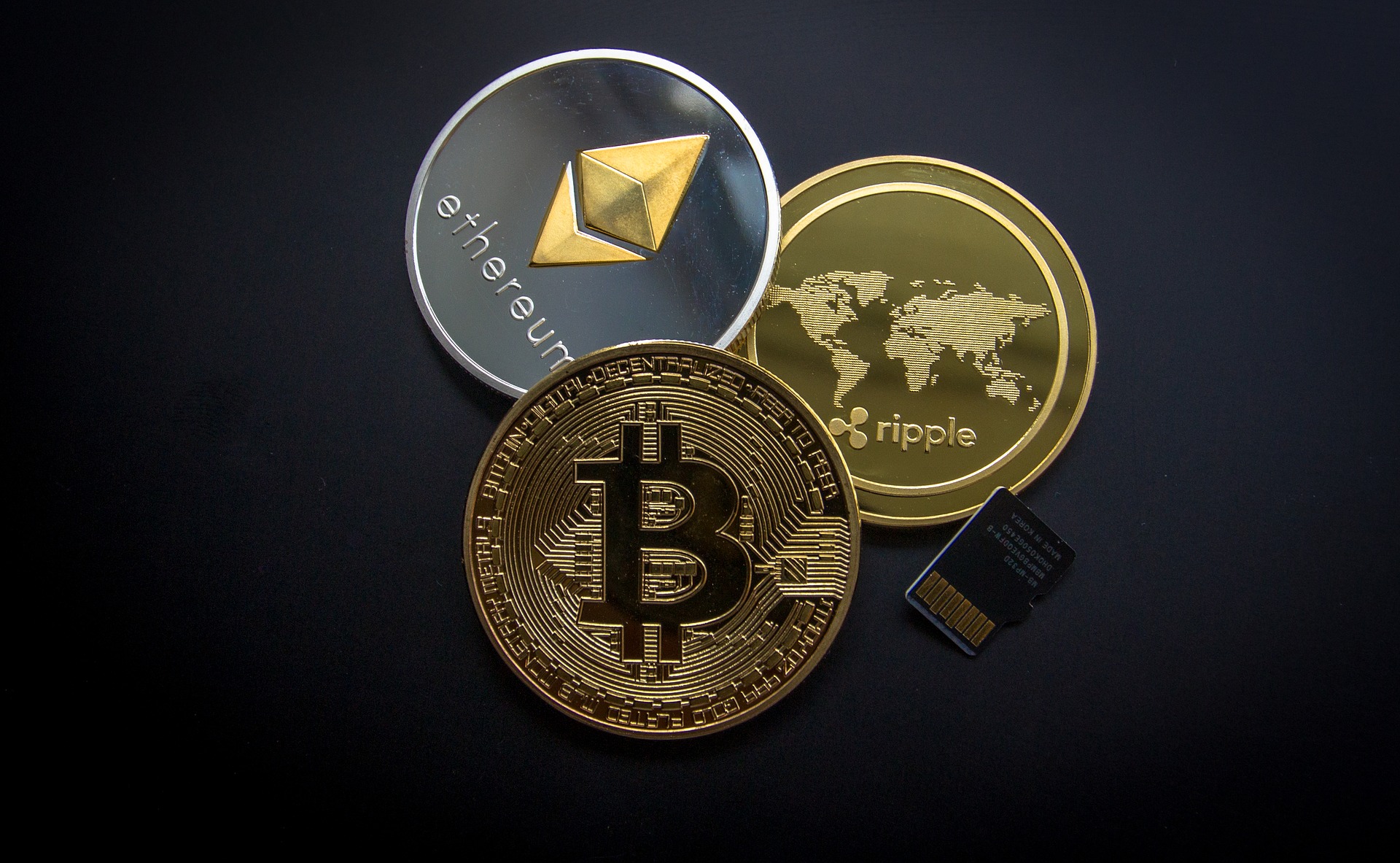Some view cryptocurrency as an investment, others see it as the future of money, plenty more view the medium as a scam. No matter where you fall on the spectrum, it must be acknowledged that crypto captured people’s attention around the world, including in Indonesia, where the number of crypto traders reached 7.4 million in July 2021 and crypto transactions totaled IDR 478.5 trillion (USD 33.5 billion), according to the trade ministry. There is now a slew of exchange platforms like Tokocrypto, Indodax, Pintu, and more that specifically manage transactions for Indonesians.
While crypto’s is becoming more popular, the nation’s top body of Islamic scholars, the Indonesian Ulema Council (MUI), issued a fatwa that says cryptocurrency as a means of payment is haram, or non-permissible in Islam. A fatwa is a nonbinding legal opinion given by a recognized authority.
Crypto as a financial instrument carries elements of speculation and uncertainty, and is forbidden to function as a currency under state law as Indonesia only recognizes rupiah as legal tender in the country. The use of digital tokens as a commodity for trading is also forbidden due to their lack of clearly defined value and physical structure. However, cryptocurrencies could be traded if they meet Islamic rules and have an underlying asset as well as clear benefits. Emil Dharma, vice chairman of the Indonesian Sharia Fintech Association offered an explanation. “An example of cryptocurrencies that could be traded is asset-backed tokens, which are blockchain-based units of value that are pegged to real-world assets like gold, oil, and other commodities,” he told KrASIA.
One fundamental principle in Islamic finance is the prohibition of interest charged by lenders and investors. Any form of income from speculation (qimar) or chance (maysir), as well as the participation in contracts that carry excessive risk (gharar) are also forbidden. The MUI’s fatwa doesn’t carry legal weight in Indonesia. But since the country has the largest Muslim population in the world, this could potentially discourage some Muslims from tapping into crypto trading or investments in the future.
“There is a surging interest in cryptocurrency in Indonesia, following the significant increase in the price of crypto assets. However, cryptocurrencies do not meet shariah principles, which require commodities to have a physical form and have a definite value with a definite amount,” said Dharma. “I personally believe that the issuance of this fatwa will have a major impact on the local crypto industry.”
However, there seem to be different opinions on crypto investment among religious scholars around the world. For instance, Malaysian religious authorities said cryptocurrency is permissible, and some scholars in the UK and Pakistan also share this view. The United Arab Emirates allows cryptocurrency trading in Dubai free zone.
Industry players in Indonesia remain confident about the future of crypto. Tokocrypto CEO Pang Xue Kai believes crypto-based financial services are suitable for Indonesia’s unbanked population. “People from all four corners of the archipelago can access the services as long as they have smartphones and internet connectivity, which both have high penetration rates now at 67% and 70%, respectively,” he told KrASIA.
Pang added that the government is currently exploring the development of a central bank digital currency (CBDC) and national cryptocurrency exchange, which would open an unprecedented frontier for the local crypto domain. “These initiatives show recognition of the legitimacy of cryptocurrencies and unequivocal acknowledgment of the fact that cryptocurrencies will soon become mainstream in Indonesia.” Moreover, the industry has many benefits for society as thousands of jobs have been newly created in this industry and many lives have been improved—financially—because of crypto and blockchain in Indonesia, he believes.
“We always welcome discussion with all the pertinent stakeholders and continue to contribute to building a deeper understanding of the broader dynamics, and at the same time educate the public on the benefits of a healthy crypto asset industry,” Pang continued.
Timothius Martin, CMO of crypto exchange platform Pintu, also shares this optimistic view. “While crypto popularity has been growing rapidly this year, I believe this is just the beginning. Crypto adoption is only about 2% in Indonesia, so the gap is still very high, especially if we compare with countries like the US, Singapore, and Australia,” he said.
One of the biggest challenges in the industry is that there have been many scams that operated under the guise of crypto investing, so market education is crucial, Martin said. “In a new hyper-growth industry like crypto, there are always bad actors in the ecosystem trying to take advantage of the situation. We saw similar challenges in the e-commerce and payment industries before, so better consumer education is needed.”
Martin believes that even more Indonesians will be part of the crypto-investment market next year, as the country now has more regulated platforms like Pintu that provide easy and safe access to crypto assets. However, Martin values the MUI’s decision. “We fully respect the various perspectives that consumers have about crypto and will adhere to regulatory compliance,” he said.
